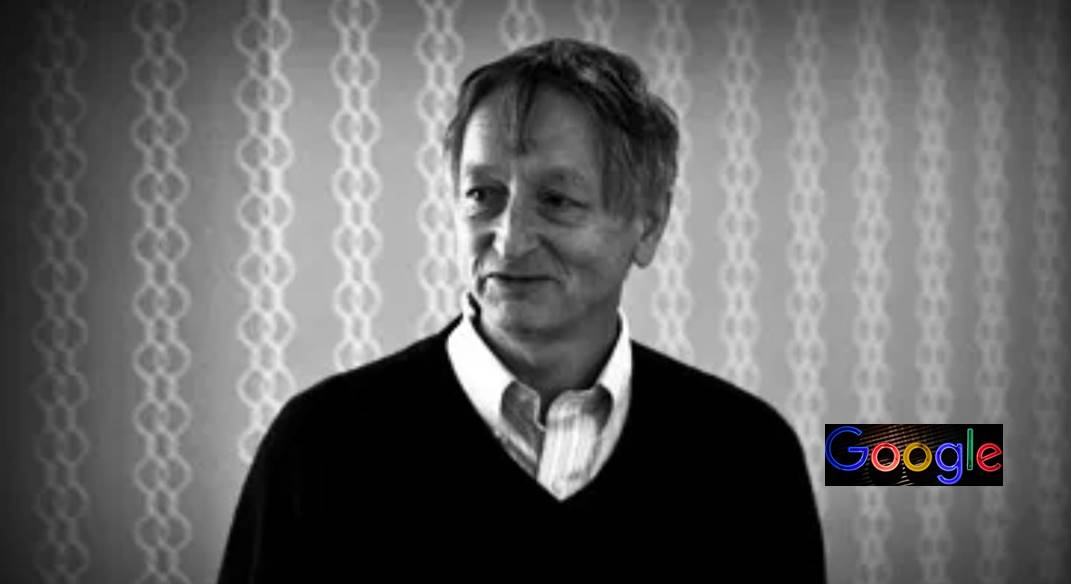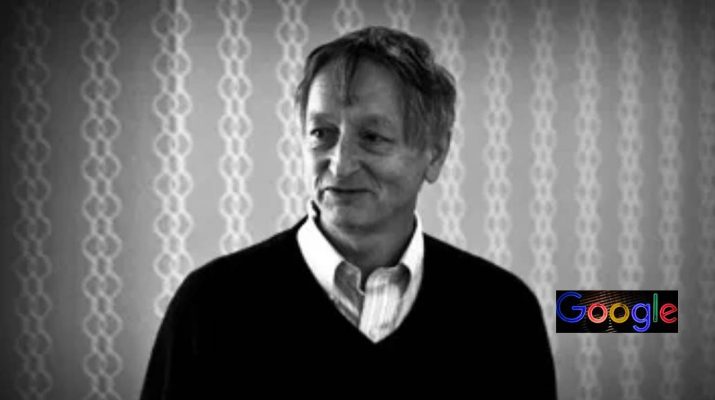AI pioneer quits Google to warn about the technology’s ‘dangers’

Geoffrey Hinton, who has been called the ‘Inventor of AI,’ confirmed Monday that he left his role at Google last week to speak out about the “dangers” of the technology he helped to develop.
Hinton’s pioneering work on neural networks shaped artificial intelligence systems powering many of today’s products. He worked part-time at Google for a decade on the tech giant’s AI development efforts, but he has since come to have concerns about the technology and his role in advancing it.
“I console myself with the normal excuse: If I hadn’t done it, somebody else would have,” Hinton told the New York Times, which was the first to report his decision.
In a tweet Monday, Hinton said he left Google so he could speak freely about the risks of AI, rather than because of a desire to criticize Google specifically.
“I left so that I could talk about the dangers of AI without considering how this impacts Google,” Hinton said in a tweet. “Google has acted very responsibly.”
Jeff Dean, the chief scientist at Google, said Hinton “has made foundational breakthroughs in AI” and expressed appreciation for Hinton’s “decade of contributions at Google.”
“We remain committed to a responsible approach to AI,” Dean said in a statement: “We’re continually learning to understand emerging risks while also innovating boldly.”
Hinton’s decision to step back from the company and speak out on the technology comes as a growing number of lawmakers, advocacy groups, and tech insiders have raised alarms about the potential for a new crop of AI-powered chatbots to spread misinformation and displace jobs.
The wave of attention around ChatGPT late last year helped renew an arms race among tech companies to develop and deploy similar AI tools in their products. OpenAI, Microsoft, and Google are at the forefront of this trend, but IBM, Amazon, Baidu, and Tencent are working on similar technologies.
In March, some prominent figures in tech signed a letter calling for artificial intelligence labs to stop the training of the most powerful AI systems for at least six months, citing “profound risks to society and humanity.” The letter, published by the Future of Life Institute, a nonprofit backed by Elon Musk, came just two weeks after OpenAI announced GPT-4, an even more powerful version of the technology that powers ChatGPT. In early tests and a company demo, GPT-4 was used to draft lawsuits, pass standardized exams and build a working website from a hand-drawn sketch.
In the interview with the Times, Hinton echoed concerns about AI’s potential to eliminate jobs and create a world where many will “not be able to know what is true anymore.” He also pointed to the stunning pace of advancement, far beyond what he and others had anticipated.
“The idea that this stuff could actually get smarter than people — a few people believed that,” Hinton said in the interview. “But most people thought it was way off. And I thought it was way off. I thought it was 30 to 50 years or even longer away. Obviously, I no longer think that.”
Even before stepping aside from Google, Hinton had spoken publicly about AI’s potential to do harm as well as good.
“I believe that the rapid progress of AI is going to transform society in ways we do not fully understand and not all of the effects are going to be good,” Hinton said in a 2021 commencement address at the Indian Institute of Technology Bombay in Mumbai. He noted how AI will boost healthcare while also creating opportunities for lethal autonomous weapons. “I find this prospect much more immediate and much more terrifying than the prospect of robots taking over, which I think is a very long way off.”, CNN reported.
Hinton isn’t the first Google employee to raise a red flag on AI. In July, the company fired an engineer who claimed an unreleased AI system had become sentient, saying he violated employment and data security policies. Many in the AI community pushed back strongly on the engineer’s assertion.
Napomena o autorskim pravima: Dozvoljeno preuzimanje sadržaja isključivo uz navođenje linka prema stranici našeg portala sa koje je sadržaj preuzet. Stavovi izraženi u ovom tekstu autorovi su i ne odražavaju nužno uredničku politiku The Balkantimes Press.
Copyright Notice: It is allowed to download the content only by providing a link to the page of our portal from which the content was downloaded. The views expressed in this text are those of the authors and do not necessarily reflect the editorial policies of The Balkantimes Press.

